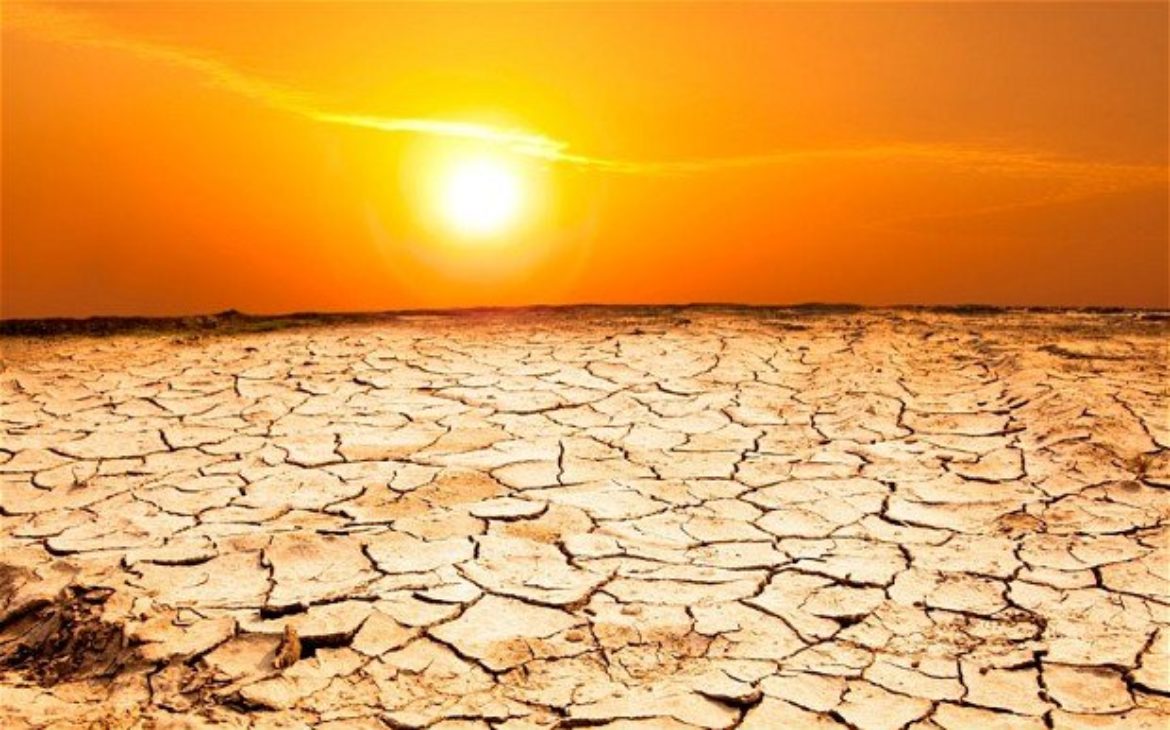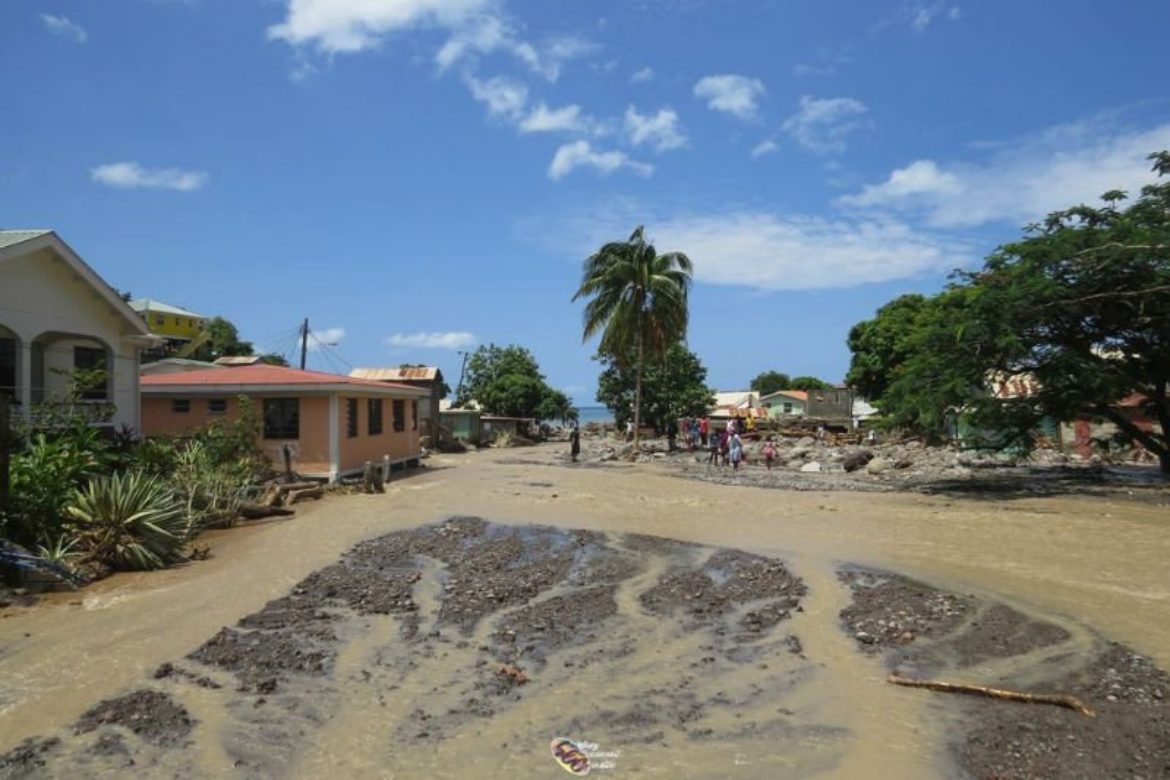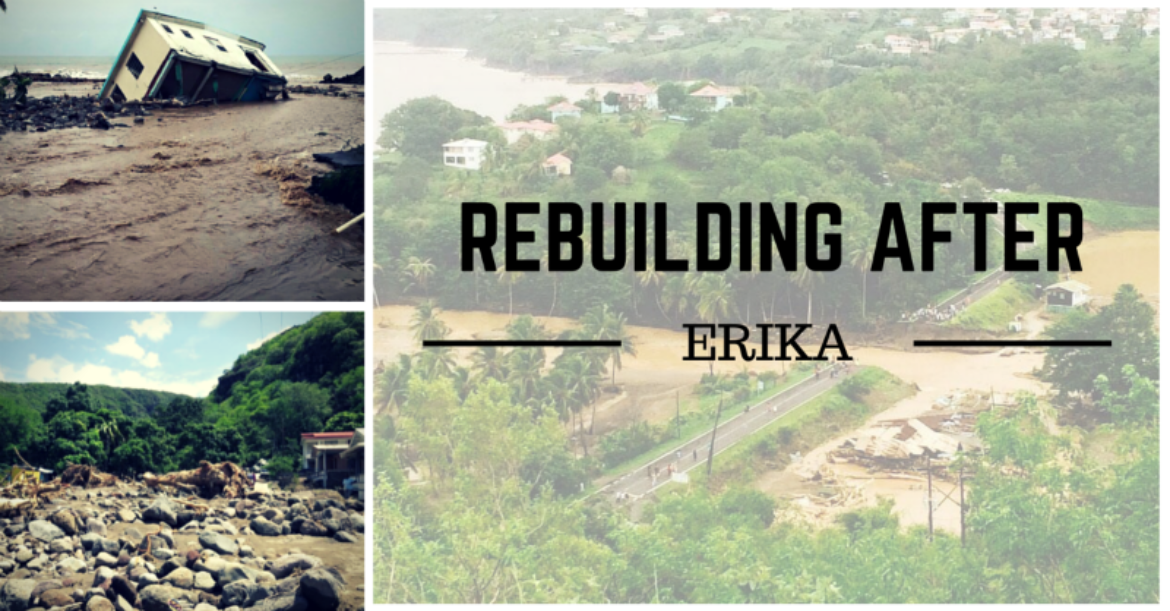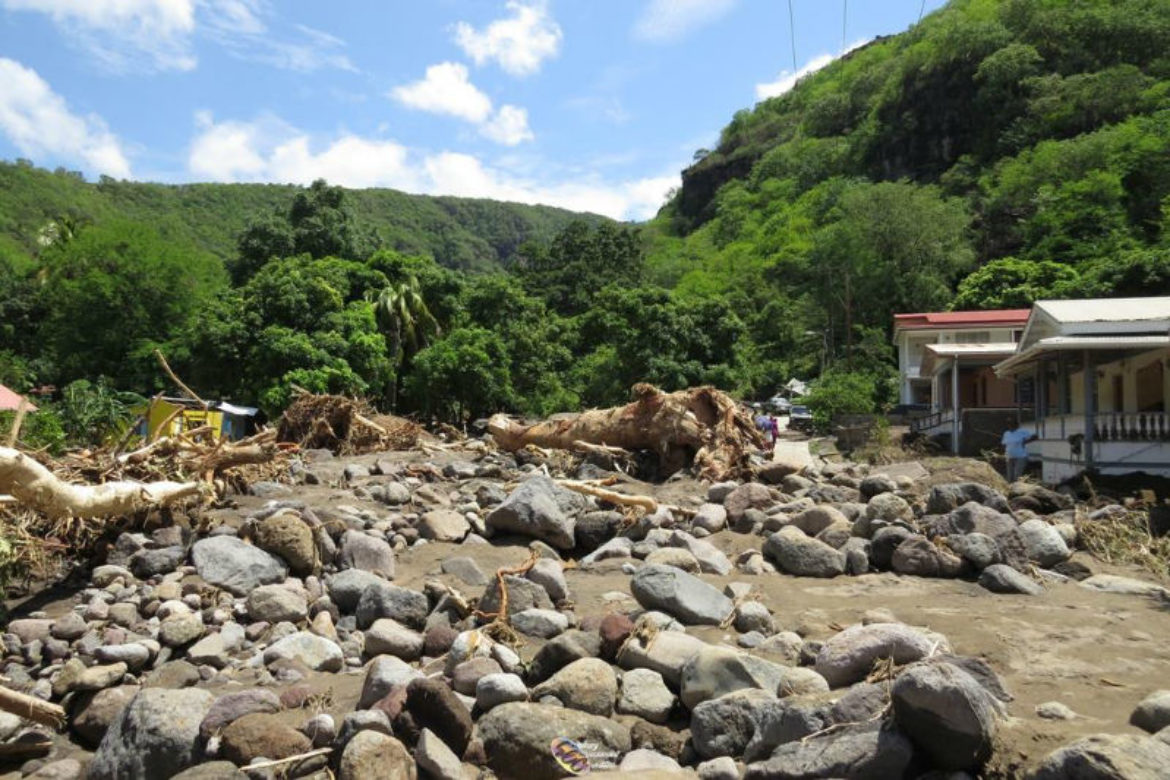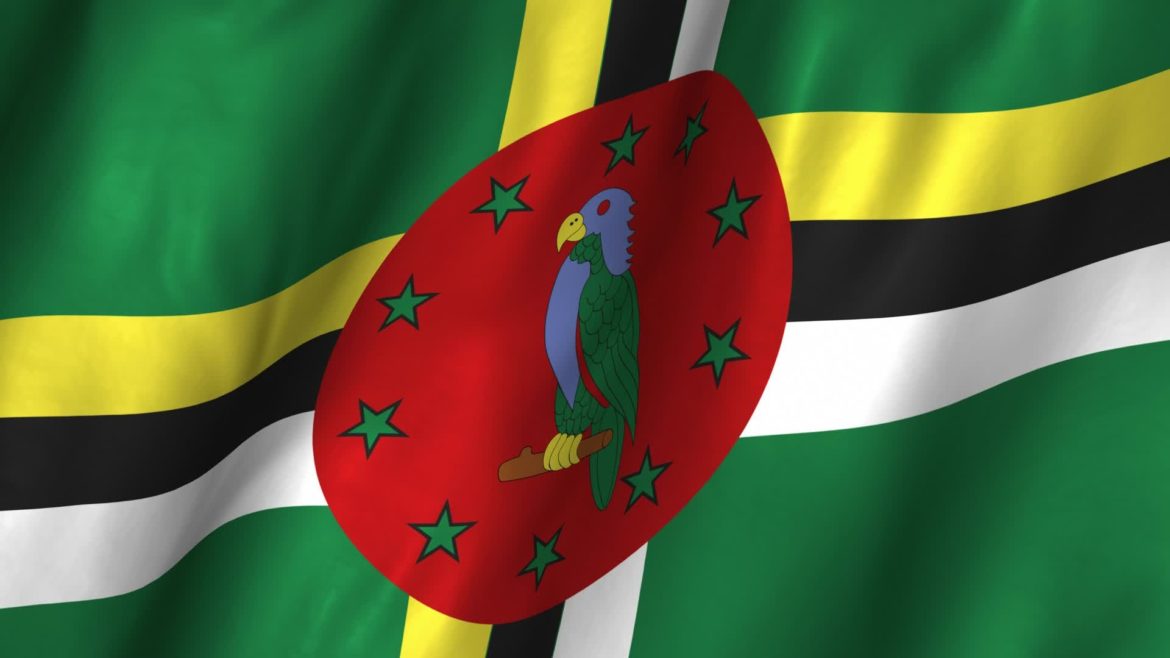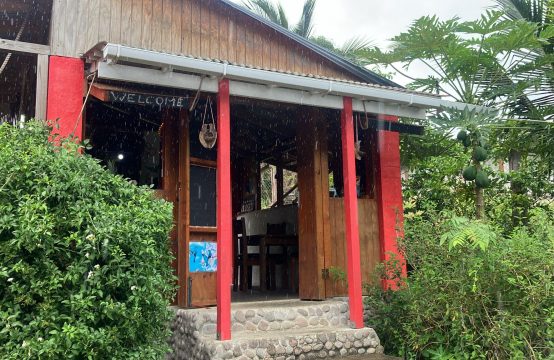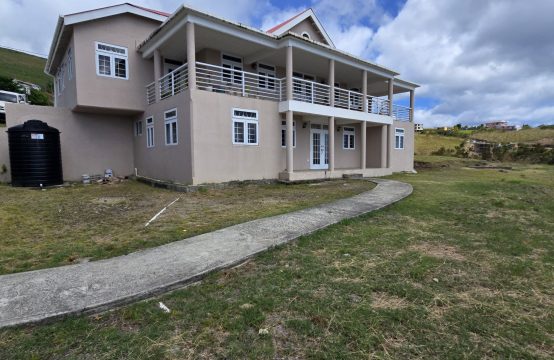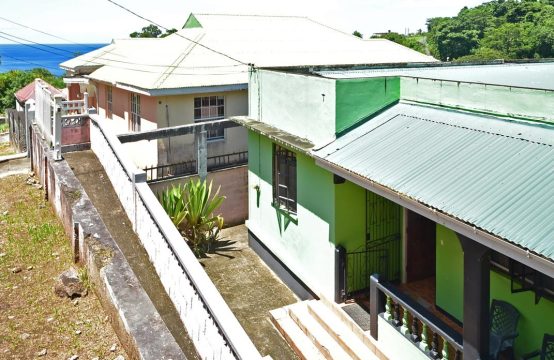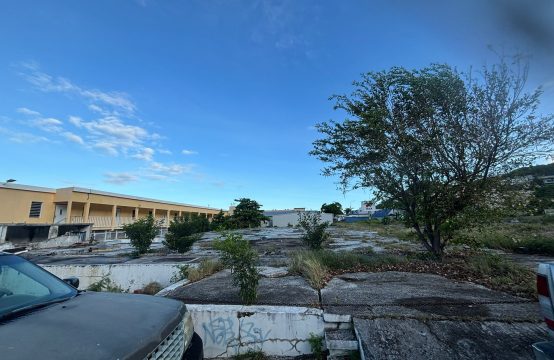This week we thought it would be very useful to share the following tips with you that could help bring some order and calmness back into our lives as we go through each day on the journey to recovery from the chaos and confusion that Tropical Storm Erika has left behind:
1) Reconnect and build relationships.
Since we all were impacted differently, it is vitally important to talk about the stress and pressures you have experienced with the people closest to you. Reach out to friends and family as soon as is possible. Call a friend you haven’t heard from in a while. Just checking in to see if they are OK will only take a few minutes, and will do a world of good to you both.
Simply talk about your experience and how you got through the storm. Tremendous connection can occur through crisis, so this is an especially good time to reach out to friends or family who may have drifted away from your closest circle of relationships. Offer a word of encouragement and show support to individuals who suffered severely in the storm. Go out into your community and lend a helping hand to your neighbors, this in itself will not only reestablish relationships among family and friends but help form new ones in the community.
2) Rebuild your routines.
To regain strength quickly, identify what your normal routines were before the storm and then get back to them as soon as possible, get your life back on track because we all draw strength and security from a structured daily routine. Bed time, dinner time, getting up to go to school, or work, or church or the gym to work out. Even if you are staying in a hotel, shelter, or with family members for a while, stick as much as you can, with the rituals that you have typically followed that make up your daily lifestyle, this way you will feel the comfort of your stable and predictable routines, regardless of the stress of the many changes happening around you.
3) Reach out for faith.
Plugging back into your faith after the storm will allow you to release anxiety over the things that you know are too big for you, because you can trust God to handle them. In times of crisis, everyone believes in the power of prayer and the importance of their faith. There is tremendous strength in knowing what you believe and living in harmony with those beliefs and values. Dedicate a few minutes or perhaps even an hour per day to quiet mediation and reflection on what matters most if you want to continue to grow strong in spite of the storm. This is especially important when you or your children may feel lost, alone or afraid. God cares and taking time to pray and release those burdens will help you make it through the rest of your day.
Helping others in need is one of the greatest ways people of faith model what they believe, so avoid the tendency of being “too nice” to ask for help if you need it. Having a committed personal faith combined with the connection of a local house of worship will give you a tremendous sense of community to get through this storm as well as the ones to come.
4) Tell your story.
Telling your story now will give you additional strength as well as connect you to the neighbors and friends as they share their story with you. Young and old alike will benefit from hearing about how others survived this natural disaster. There is tremendous power in telling your story; healing power for you and helpful power for others who will gain insight and strength by hearing how creative people can become through a crisis. As you speak up about what happened, it will make it easier for other family members or coworkers to talk about their feelings of loss as well. Things will never be the same as before, but life will go on and we can rebuild and get through it better together.



